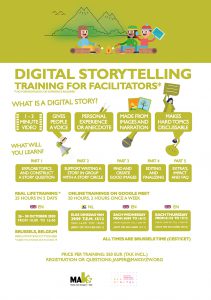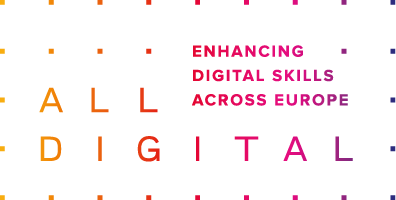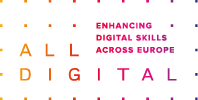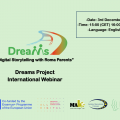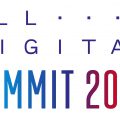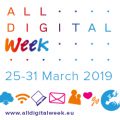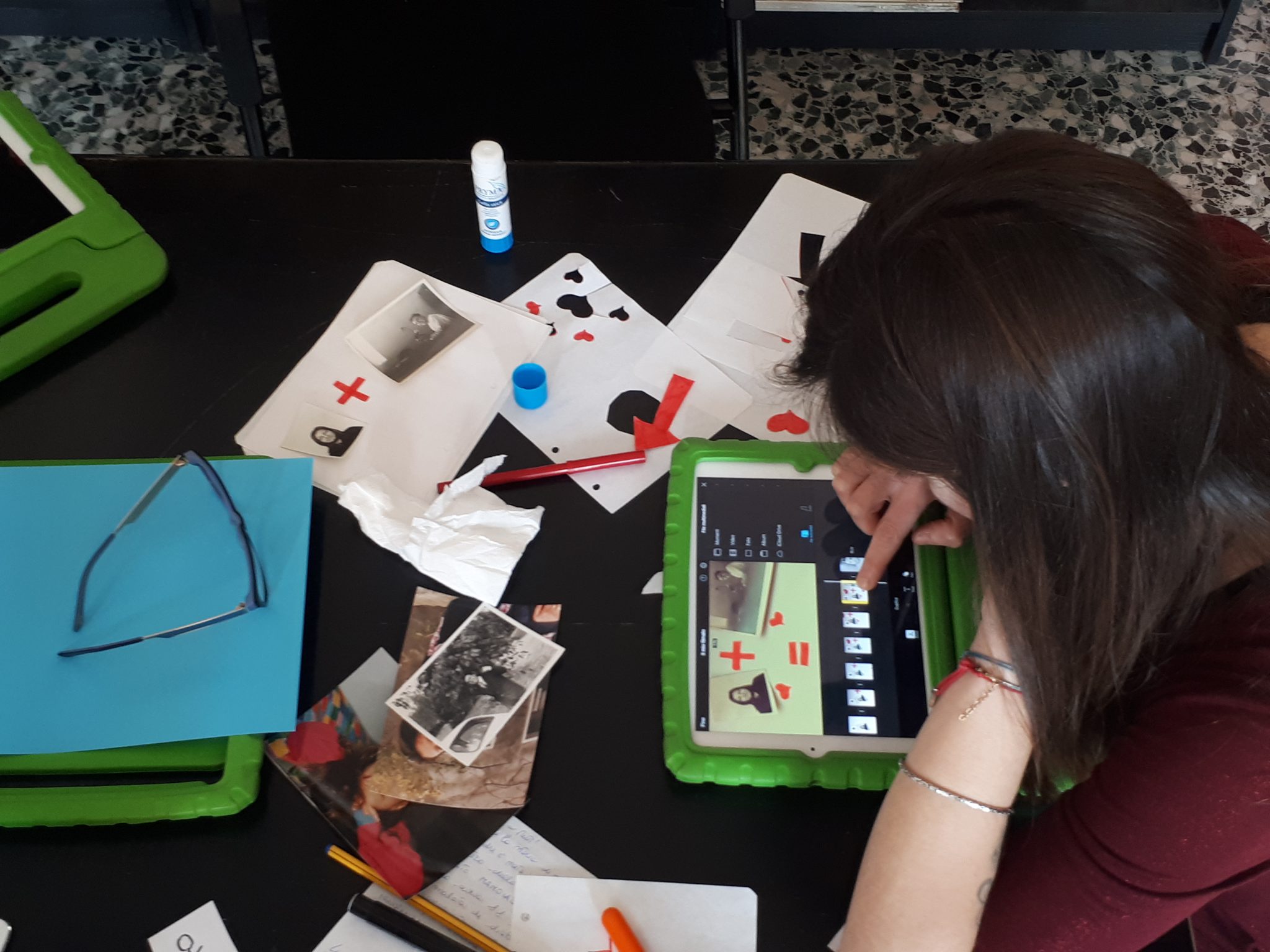
02 Jun Digital storytelling: training for facilitators
02 Jun, 2020
Editions:
25-hour Real Life Digital Storytelling training for facilitators (in ENGLISH):
26 – 30 October in Brussels
Location TBC from 10:00 AM – 16:00 PM (subject to change due toCOVID-19 situation)
20-hour Online Digital Storytelling training for facilitators:
- NL Tuesday afternoon
10 sessions: each Tuesday from 29/09 to 15/12 from 16:00 PM till 18:00 PM CEST/CET ( with exception of 27/10 and 03/11) - EN Wednesday morning
10 sessions: each Wednesday from 30/09 to 16/12 from 10:00 AM till 12:00 PM CEST/CET (with exception of 28/10 and 11/11) - EN Thursday afternoon
10 sessions: each Thursday from 01/10 to 17/12 from 15:00 PM till 17:00 PM CEST/CET (with exception of 22/10, 29/10)
See the flyer below
Contact Person: Jasper Pollet
Overview
You probably have heard the very sexy term “Digital Storytelling” before. It is in fact very popular in the media or advertising world, but sadly that is a misinterpretation of the therapeutic and pedagogical method that is “Digital Storytelling”. In the mid-1990s, Joe Lambert and his Center for Digital Storytelling developed a way to give a voice to the underprivileged and link this to learning digital skills.
Everyone has a story to tell. In fact, everyone has a lot of stories to tell, although we don’t always recognize that ourselves.
Our youngsters, for instance, also have a lot to tell. They quickly dare to give the impression that they are not interested in many social problems although many of these problems are closer to their world than we realize. They have probably already experienced things or certainly have an opinion about this society and how it’s running (not always very well).
Migration, war, global warming, gender equality, violent extremism, … It is discouraging and difficult to discuss these topics. Digital Storytelling is for us a very accessible tool to give people a voice. To reflect and think about certain sensitive topics. To become part of a debate that is often conducted over their heads. We create a safe environment in which participants can discuss and learn to sympathize with other opinions. It is a non-formal, intuitive and fairly simple way to improve digital skills and learn new methods of communication.
Do these stories have to be about these themes only? Not at all.
We already have experience in themes such as identity, talents, burn-out prevention, feeling at home, #metoo, human rights, first day at work, … working with different groups such as refugees, prisoners, illiterate people, detained youths, women who came into contact with violence… But everyone has an interesting story to tell so you can make them with your colleagues, family and friends as well.
But what exactly is a Digital Story?
Digital Storytelling is a very simple accessible technique. Participants can tell personal stories or give their personal opinion on different subjects by making a short film of moving photos and still images and – most important! – their own narrative voice. Because the format is very simple, all attention can be paid to the creation of the story and the personal expression of the creator. This audio-visual technique is very suitable for groups that are less literate, have difficulty reading and/or have no experience with digital tools.
While working on these films, the participants help each other and learn together. This makes it a wonderful activity for peer learning. By making the films – and using their smartphones, tablets or computers in a new and creative way – the participants acquire a series of 21st century skills linked to new technologies, problem solving, social skills … but also to the concept of ‘learning to learn’.
What will you learn?
During this training we will give you an in-depth view to the step-by-step program on how coach the creation of a Digital Story and to facilitate this training for your own participants. But to learn how to facilitate a Digital Storytelling workshop you need to experience the power of the method for yourself.
Making a personal Digital Story is a combination of group work and personal effort in which writing, listening, understanding, speaking, reacting, discussing and finding the middle way is the driving force. You will learn how to facilitate and coach a story circle, probably the most essential part of the Digital Storytelling methodology. A story circle is the part where everyone in the group brings his or her personal stories. It is a phase reminiscent of the safety and warmth that a campfire brings, where people share stories and discuss them with each other.
We also show how to turn these stories into a digital story: where or how to find strong images to use in the film, put them in a video editing program and put your own voice on the film like a real storyteller.
All the mechanics behind the scenes will have no secrets for you, and with our syllabus you will also have something to fall back on to!
Side activities to discover the country and other organisations will also be offered outside the training hours.
In other words…
Digital storytelling is a methodology that can be used as a pathway to discuss all kinds of societal topics with adult learners (even low skilled) and youngsters (+14) empowering them and enhancing their digital skills. A digital story is a personal narrative with still images and a voice over in which the storyteller gives their opinion or point of view making the audience think about this topic and working for social change. Digital stories are short videos about 3-5 minutes long.
We will train the learners in the history and the methodology of digital storytelling as developed by storycenter.org. We will train the participants to understand the 7 steps of digital storytelling and talk about the ethical issues. During the training, trainees are making their own digital story and learn at the same time about voice recording, editing, working with subtitles and titles in the editing programme.
Learning outcomes
After this training, participants are able to facilitate a digital storytelling workshop, knowing the different steps of the methodology and the digital skills needed to help learners with editing, voice recording and sharing their story.
Programme is subject to change:
Day 1: Learn how to explore a topic with your group and how to pose the perfect question to extract a beautiful story
Day 2: A deep dive in the writing and sharing groups-process of the Digital Storytelling method through the story circle
Day 3: See what makes a good image and get some great tips on how to create your own!
Day 4: Editing your Digital Story is actually quite easy, you’ll see!
Day 5: All that didn’t fit in the other days and some nice other methods that could also be used.
You can download the flyer below to share –
